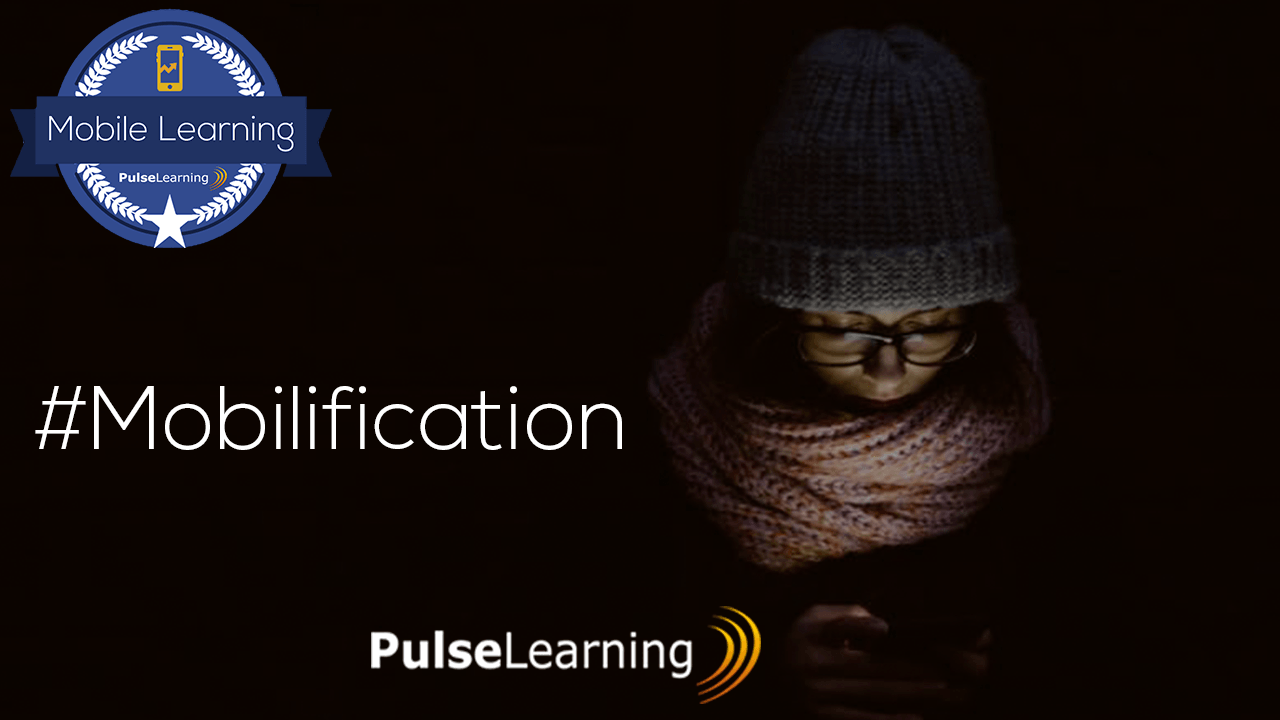Exploring The Benefits And Drawbacks Of eLearning
As we move into the 21st century, we see a growing interest in the role of eLearning and online education in the world of education. This is not a new phenomenon, as we have seen this idea come and go several times throughout history.
However, it is not just an idea that is gaining traction, but one that is gaining strength in popularity. For this reason, many institutions are finding ways to embrace the idea of eLearning and online education to their benefit.
However, while there are many institutions that are using this approach to their advantage, there might be others that still believe that this concept should be left in the past where it belongs. With all of these different opinions on eLearning and online education, it is important to take a closer look at the issue at hand so that we can better understand what makes eLearning so appealing to students today.
It is also important for us to take a closer look at how online education truly helps individuals by exploring its benefits and drawbacks.
What Makes Online Education So Popular?
Online education has become very popular due to several reasons, including:
- An increased level of accessibility
- Better learning environments
- Greater convenience
- More efficient processes
- Less expensive education
- Greater focus on personal development
- More personalized learning
- More flexibility in choosing classes
- Faster course completion time
- Less stress
These are just a few of the benefits that online education offers. However, it is important to note that online education can offer these same benefits, but also has its drawbacks as well:
- Less personal interaction
- Limited support services
- Difficult to track progress
- Difficult to collaborate with others
- Lack of control over course content
With all of these different benefits and drawbacks, it is important to understand how online education truly helps individuals by exploring its benefits and drawbacks.
Usually, a student can learn at their own pace as opposed to being forced to complete a certain amount of work within a specific timeframe. In addition, this type of education also allows students to choose the topics that they would like to learn about. This type of education also allows students to easily create their own learning schedule without having to be limited by other people’s schedules.
This means that a student can focus on the things that they want rather than being forced into doing work that they do not want or care about. With this type of freedom, many students are able to concentrate on what they enjoy most, which allows them to improve their skills at a faster rate.
This is not to say that online education is perfect. However, it is important to understand that many students are able to succeed in this type of education because they are able to find the best online education course that suits their needs.
How eLearning Affects The Education System And Society
One of the most interesting aspects of eLearning is that it can benefit both the education system and society as a whole. One of the main reasons why we see this happening is because eLearning makes it possible for students to access courses and programs from anywhere they want. This means that students can choose to access these programs from their homes, workplaces, or anywhere else they would like. The main benefit of this approach is that it provides students with the opportunity to learn at their own pace and whenever they want to.
When a student uses online education in this way, they are able to take advantage of a number of different benefits that come with this approach. For example, there are many people who have been able to use online education to increase their job skills as well as improve their performance at work. In addition, many people have been able to utilize online education for other purposes as well, such as improving their personal life or raising a family.
Using eLearning can help students become more independent and more responsible members of society as well. It should be noted that students are no longer dependent on the teachers in their schools or on their institutions for access to courses and programs. They can now use these programs to improve their skills and become more responsible members of society if all resources are used properly.
What The Shift To Virtual Learning Could Mean For The Future Of Higher Ed
While many people see the shift to online education as a positive change, there are others who believe that this change could negatively affect the future of higher education. In particular, there might be those who believe that online education will eventually replace traditional education as we know it. This means that students will no longer be interested in attending school and college, as they would rather spend their time learning from home.
It is important to note that the use of online education is not going to completely replace traditional education as we know it. Instead, it will become a more popular alternative for students who want to learn at their own pace and on their own terms. In addition, this can be seen as a positive change because it allows students to have more control over their educational experience, which allows them to focus on what they want instead of having someone else dictate what they should learn.









